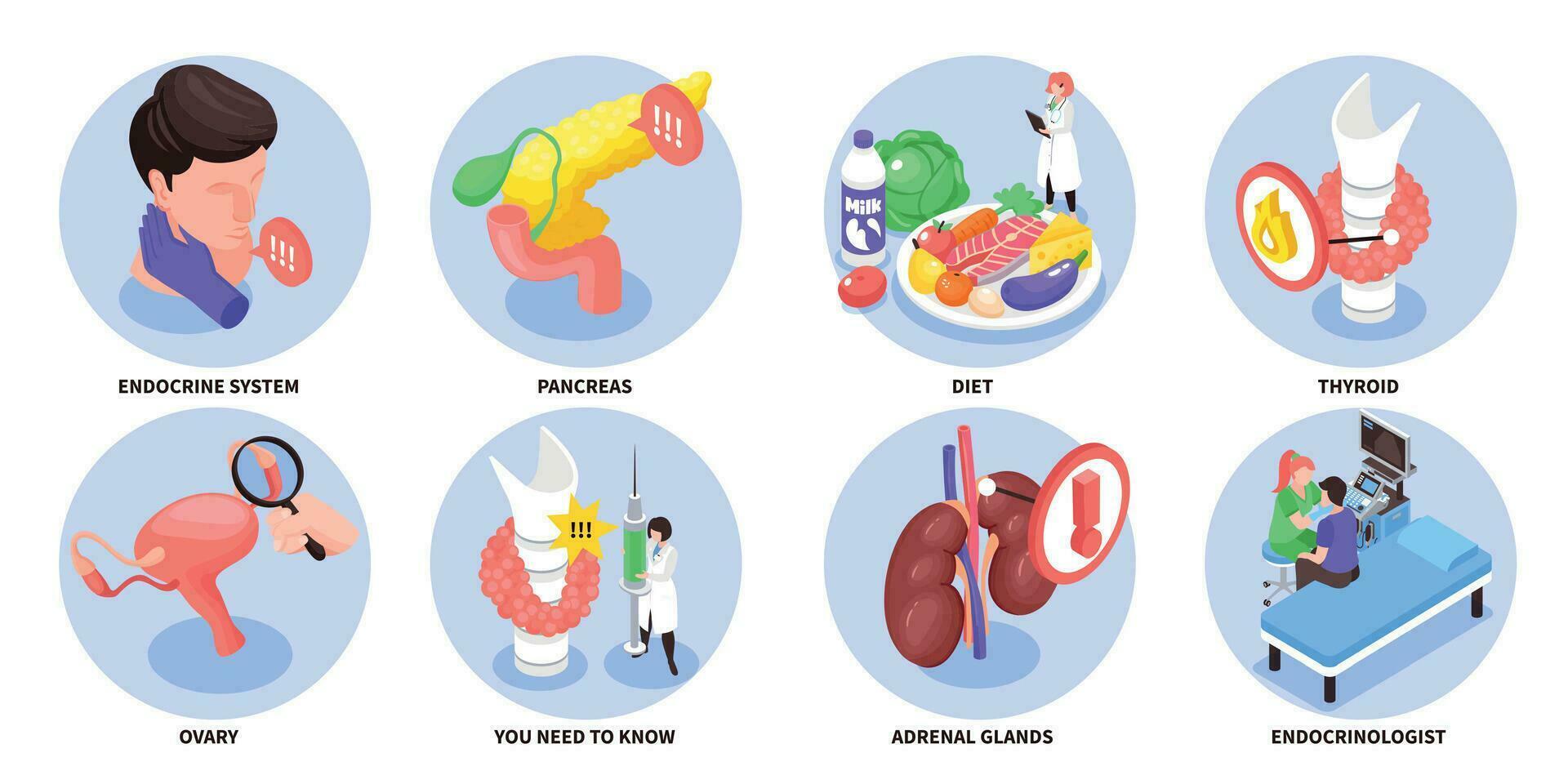Texas Endocrinology: State-of-the-Art Hormone Health Care
Wiki Article
Browsing the Intricacies of Thyroid Disorders With an Endocrinologist
In this article, we will check out the importance of seeking professional assistance from an endocrinologist when dealing with thyroid disorders. We will certainly dig right into the understanding of different thyroid disorders, the value of accurate diagnosis, and the available therapy alternatives. Additionally, we will talk about the ongoing administration and assistance needed for people with thyroid problems.Understanding Thyroid Problems
Thyroid disorders can be much better comprehended with advice from an endocrinologist. Hypothyroidism, for example, occurs when the thyroid does not produce enough hormones, resulting in signs and symptoms such as fatigue, weight gain, and anxiety.Recognizing thyroid disorders requires a detailed assessment of an individual's medical history, physical evaluation, and research laboratory examinations. Endocrinologists specialize in the medical diagnosis and treatment of hormone conditions, consisting of thyroid conditions.
Additionally, endocrinologists know with the current advancements in thyroid study, which allows them to give one of the most updated and efficient therapy techniques. Endocrinologist. They can prescribe medication to manage hormone levels, suggest lifestyle alterations, and offer guidance on managing symptoms. In more complicated cases, they may team up with other experts to make sure comprehensive care

Relevance of an Endocrinologist
An endocrinologist plays an essential function in the diagnosis and administration of thyroid conditions, offering customized knowledge and understanding in hormonal disorders. With their extensive training in the endocrine system, these clinical experts are distinctively certified to treat and examine thyroid conditions.One of the key reasons an endocrinologist is very important in the administration of thyroid disorders is their capacity to accurately diagnose the condition. Thyroid disorders can be complex, with signs that might overlap with other clinical problems. An endocrinologist has the expertise to carry out an extensive evaluation, consisting of an in-depth case history, physical examination, and specialized examinations to accurately identify the certain thyroid problem.
Furthermore, an endocrinologist is equipped to establish a tailored treatment prepare for each specific patient. They take into consideration aspects such as the kind and severity of the thyroid disorder, the person's general wellness, and their preferences. This individualized technique guarantees that the therapy strategy is enhanced for the client's particular requirements, leading to better end results.
In enhancement to diagnosis and therapy, an endocrinologist likewise plays an essential function in long-lasting administration of thyroid conditions. They keep track of the person's thyroid hormone levels, adjust medication does if essential, and offer recurring support and education and learning to assist people successfully manage their problem.
Identifying Thyroid Conditions
The endocrinologist's experience reaches properly identifying thyroid problems with an extensive analysis, consisting of a thorough case history, physical evaluation, and specialized tests (Best endocrinologist in austin). This technique enables the endocrinologist to gather important details regarding the individual's symptoms, clinical background, and family members background, which can supply useful understandings into the possible reasons of the thyroid disorderThroughout the health examination, the endocrinologist will thoroughly check out the individual's neck for any indications of swelling or abnormality in the thyroid gland. They may also look for other physical indicators, such as changes in hair texture, skin dryness, or protruding eyes, which can be indicative of thyroid disorders.
Along with the clinical background and physical exam, the endocrinologist might get specific tests to additional review the feature of the thyroid gland. These tests may consist of blood tests to gauge the levels of thyroid hormonal agents, thyroid-stimulating hormone (TSH), and antibodies that may be linked with autoimmune thyroid disorders. Imaging tests, such as ultrasound or nuclear medicine scans, might also be carried out to analyze the dimension, shape, and structure of the thyroid gland.
Treatment Choices and Administration
The option of therapy depends on the specific type and extent of the thyroid problem, as well as specific client aspects. In situations of hypothyroidism, where the thyroid gland does not create adequate thyroid hormones, the most typical therapy is hormonal agent replacement treatment.For hyperthyroidism, where the thyroid gland creates extreme amounts of thyroid hormones, treatment alternatives consist of drugs, contaminated iodine treatment, or surgical treatment. Medicines, such as beta blockers, can be recommended to manage signs and symptoms and reduce the manufacturing of thyroid hormones. Contaminated iodine treatment entails taking a radioactive compound that is uniquely taken in by the over active thyroid cells, destroying them. Surgical treatment may be recommended in specific situations, such as when there are growths or blemishes existing in the thyroid gland.
Along with these traditional treatments, there are also alternate therapies that some unity point urgent care individuals might consider, such as herbal supplements, acupuncture, or dietary modifications. Nonetheless, it is very important to keep in mind that these alternative treatments must be talked about with an endocrinologist to ensure they are secure and effective.
Long-Term Treatment and Support
Lasting care and support for people with thyroid disorders includes continuous surveillance and tailored therapy plans offered by an endocrinologist. After a preliminary medical diagnosis and therapy, it is crucial for clients to continue getting routine follow-up care to make sure that their thyroid feature continues to be secure which any kind webpage of possible complications are identified and addressed quickly.
Routine tracking of thyroid hormone levels with blood examinations enables the endocrinologist to evaluate the efficiency of the treatment plan and make any required modifications. This close tracking additionally enables the early detection of any type of adjustments in thyroid feature and the recognition of potential relapses or issues, such as the advancement of nodules or the progression of thyroid cancer. Relying on the certain needs of the client, tracking may occur every couple of months or on a yearly basis.

Conclusion
With their expertise and experience, endocrinologists can give long-lasting care and assistance to individuals with thyroid disorders. By seeking the advice of an endocrinologist, individuals can receive the necessary treatment and monitoring to successfully navigate their thyroid condition. Endocrinologist.click reference
:max_bytes(150000):strip_icc()/GettyImages-530670202-5766067c3df78ca6e4373cf2.jpg)
Report this wiki page